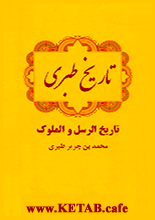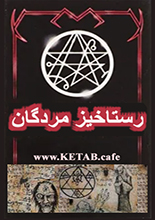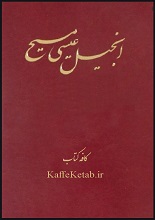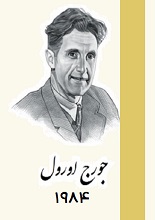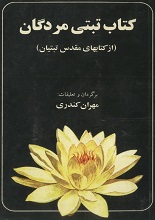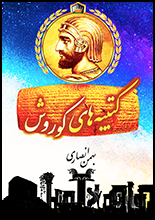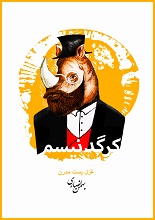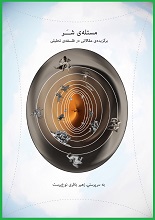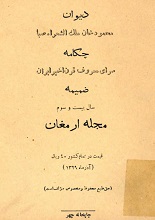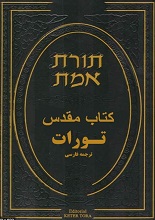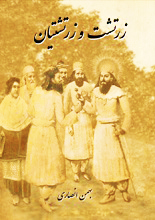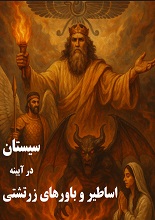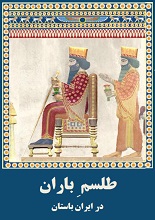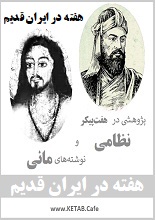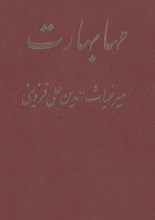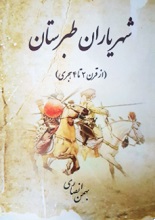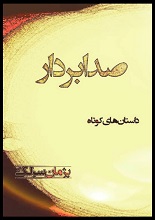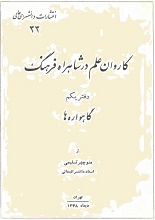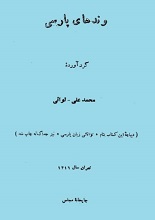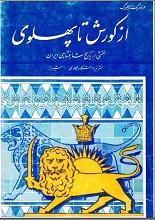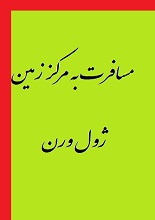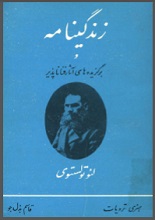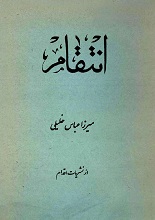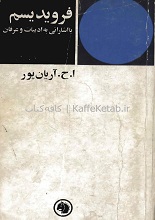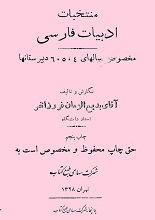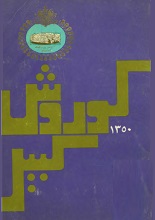کتاب “فردریک کبیر و دربار” اثری از ن. مولباخ میباشد که توسط س. م. منزوی به فارسی ترجمه شده است. این کتاب در حدود شصت سال پیش منتشر شده است و اثری بسیار نایاب میباشد.
معرفی کتاب فردریک کبیر و دربار
این کتاب شرح زندگانی و دوران سلطنت فردریک کبیر به قلم لوئیز ملباخ، شرححالنویس و مورخ مشهور میباشد که آثارش زینتبخش کتابخانههای دنیاست.
ملباخ قسمتی از اخلاق پادشاه پروس و درباریان را با قلمی شیوا و عباراتی روان و گیرنده، شرح داده و مترجم نیز با زحمت و ذوق شایانی از عهده ترجمه آن برآمده است.
فردریک کبیر پادشاه معظم و مشهور پروس است. پادشاهی که همواره چه به لحاظ خلقیات و روحیات و چه به لحاظ دلاوری در میادین نبرد، زبانزد عوام و نقل مجالس اعیان بوده است. او از جمله شاهانی بود که به فلسفه و دانش نیز اهمیت میداد و با فلاسفه بزرگ عصر خویش مکاتبه میکرد. همچنین فردریک در شعر و ادب و موسیقی نیز دستی بر آتش داشت.
فردریک در سال 1740 میلادی تاجگذاری کرد و تا پایان عمرش در سال 1786 میلادی، شاه پروس بود. وی در زمان تاجگذاری 28 سال داشت و به دلیل آموزشهایی که در نوجوانی و جوانی فراگرفته بود، فردی با کمالات بود.
او در زمینه سیاست داخلی بسیار فعال بود. به آبادسازی زمینهای کشاورزی و زمینهای لمیزرع علاقه داشت و میکوشید تا سرزمین تحت سلطه خود را به سرزمینی آباد و آزاد بدل سازد.
دانلود PDF کتاب نایاب فردریک کبیر و دربار
دانلود کتاب فردریک کبیر و دربار را به همه کاربران و مخاطبان کافهکتاب که علاقمند به مطالعه تاریخ جهان و تاریخ اروپا -به خصوص تاریخ اروپا در قرون وسطی– هستند، پیشنهاد میکنیم.
این نسخه از کتابی که اکنون آماده دانلود و استفاده شما خوبان میباشد، اثری است نایاب و قدیمی که بیش از نیمقرن از عمر آن سپری شده و به اهتمام کاربران، با کیفیت خوب تهیه و در کافهکتاب بارگزاری گردیده است.
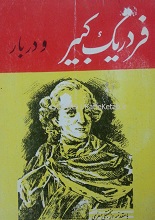
شناسنامه کتاب
نام کتاب: فردریک کبیر و دربار
نویسنده: ن. مولباخ
مترجم: س. م. منزوی
زبان کتاب: پارسی
فرمت کتاب: PDF
حجم فایل کتاب: کمابیش 26 مگابایت
تعداد صفخات: 408 برگ الکترونیکی
Who is Frederick the Great?
Frederick II was King of Prussia from 1740 until his death in 1786. His most important achievements include his military successes in the Silesian Wars, the reorganization of the Prussian army, the first partition of Poland. and his support of art and enlightenment. Frederick was the last King of Hohenzollern with the title King of Prussia, who proclaimed himself King of Prussia after annexing Polish Prussia from the Polish-Lithuanian Commonwealth in 1772. He became known as Frederick the Great and nicknamed “Old Fritz”.
As a young man, Frederick was more interested in music and philosophy than in the art of war, which led to conflict with his tyrannical father, Frederick William I of Prussia. However, after succeeding to the Prussian throne, he invaded and annexed the rich Austrian province of Silesia in 1742, winning military acclaim for himself and Prussia. He became an influential military theorist whose analyzes emerged from his extensive personal experiences on the battlefield and covered issues of strategy, tactics, mobility, and logistics.
Frederick was a supporter of Enlightenment absolutism and stated that the ruler should be the first servant of the state. He modernized the Prussian bureaucracy and civil service, and pursued religious policies throughout his realm that ranged from tolerance to segregation. He reformed the judicial system and made it possible for men of lower status to become judges and senior bureaucrats. Frederick also encouraged immigrants of various nationalities and religions to come to Prussia, although he took cruel measures against the Catholics of Silesia and Polish Prussia. He supported his favorite arts and philosophers and allowed the freedom of the press and literature. Frederick was almost certainly homosexual, and his sexuality has been the subject of much study. He was buried at his favorite residence, Sanssouci in Potsdam. As he died childless, he was succeeded by his nephew Frederick William II.
Almost all German historians of the 19th century romanticized Frederick as a glorified warrior, praising his leadership, administrative efficiency, devotion to duty, and success in making Prussia a major power in Europe. Frederick remained an admired historical figure with Germany’s defeat in World War I, and the Nazis hailed him as a great German leader who preceded Adolf Hitler, who personally idolized him. His popularity in Germany declined after World War II, in part because of his status as a Nazi symbol. Regardless, 21st-century historians tend to see Frederick as an outstanding military leader and able monarch whose commitment to Enlightenment culture and administrative reform laid the foundation that allowed the Prussian monarchy to compete with the Austrian Habsburgs for leadership among the states. . Germany to compete.
برای دانلود این کتاب، ابتدا باید عضو سایت بشوید.
پس از عضویت، لینک دانلود این کتاب و همهی کتابهای سایت برای شما فعال میشوند.
(قبلا عضو شدهاید؟ وارد شوید)
